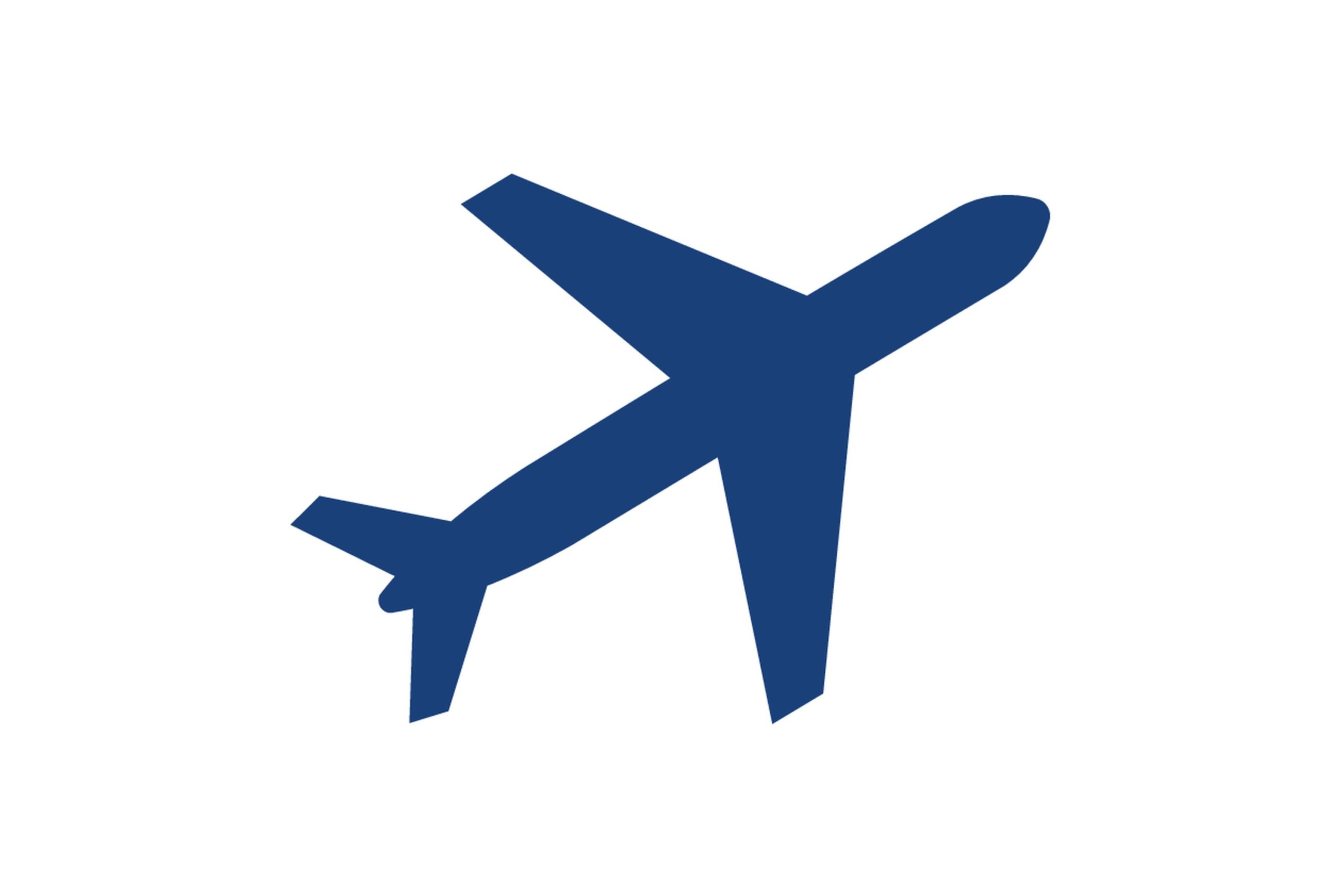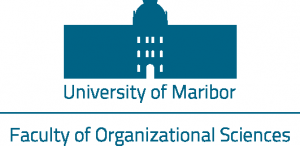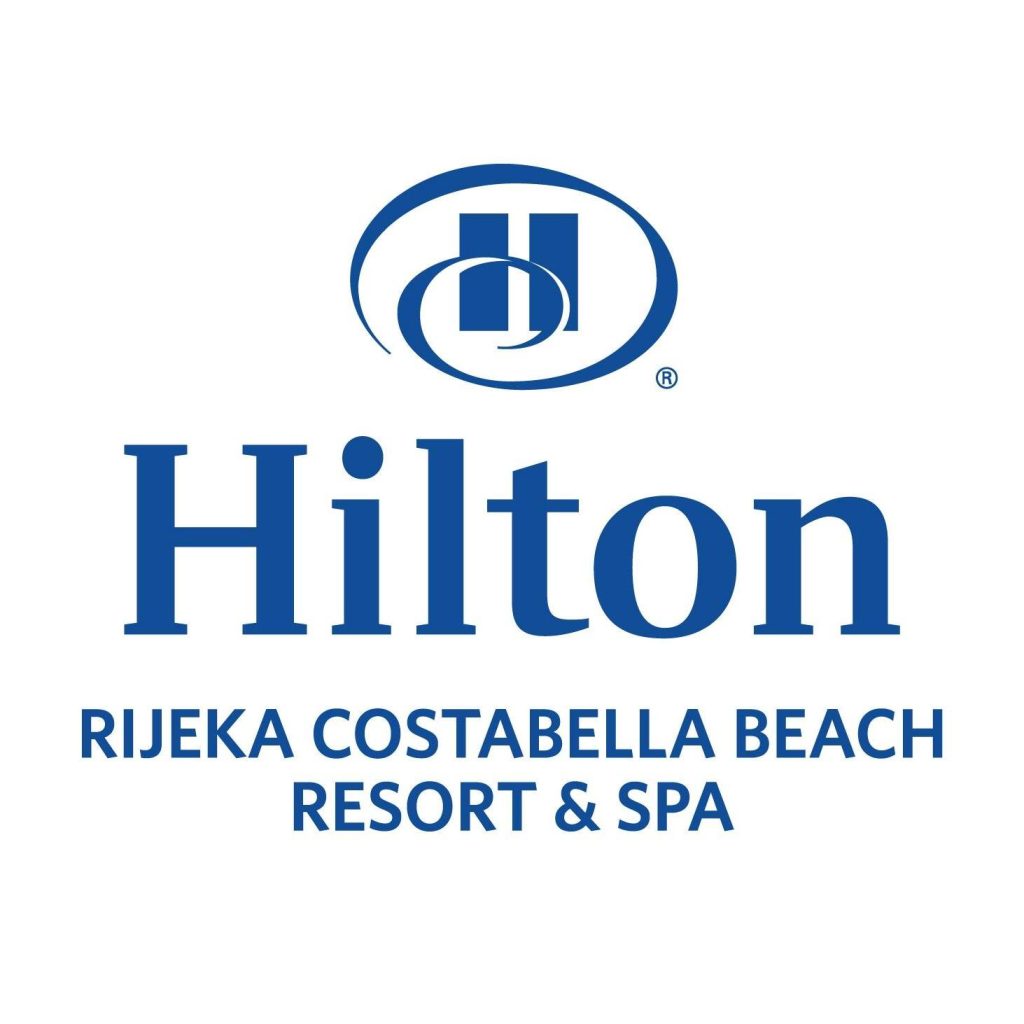1.6. – 3.6.2026 (Online classes)
15.6. – 19.6.2026 (Onsite classes)
University of Rijeka, Faculty of Tourism and Hospitality Management (FTHM), Croatia
fthm.uniri.hr/ international@fthm.hr
This Erasmus Blended Intensive Program (BIP) is designed to equip students with essential competencies for career success across various industries. The program combines three-day virtual workshops with on-site activities, including company visits and cultural experiences. Participants will strengthen key skills such as communication, teamwork, leadership, adaptability, and problem-solving, bridging theory and practice while collaborating with peers from diverse academic and cultural backgrounds. Join us to gain practical insights, develop professional competencies, and boost your employability in a dynamic international environment!
FLYER
Faculty of UNIRI organizing the BIP:
Faculty of Tourism and Hospitality Management (FTHM)
Primorska 46, p.p. 97, Ika
51410 Opatija, Croatia
BIP organizer:
Kristina Črnjar, PhD, Full Professor and Vedrana Čikeš, PhD, Senior Assistant
Contact:
Centre for International Relations
E-mail: international@fthm.hr
Phone: +385 51 294 202
Institutional BIP coordinator (responsible for OLA’s):
Vedrana Čikeš, PhD, Senior Assistant
Erasmus and ECTS assistant coordinator
DETAILS ABOUT THE PROGRAM
The Blended Intensive Program (BIP) is an innovative and multidisciplinary learning experience designed primarily for third-year Bachelor’s students and first- and second-year Master’s students in the fields of economics, business, tourism, and hospitality. The program aims to strengthen participants’ career readiness by developing a comprehensive set of professional competencies that combine both knowledge and soft skills. By integrating academic learning with practical industry exposure, the program prepares students to meet the evolving demands of the global job market with confidence, adaptability, and professionalism.
BIP entitled Enhancing Student Competencies for Career Success is designed to achieve the following objectives:
- Develop essential employability skills, including communication, teamwork, adaptability, digital literacy, problem-solving, and leadership, to enhance participants’ readiness for the professional world.
- Bridge the gap between academic learning and industry expectations by offering practical experiences, case studies, and direct interaction with business and industry professionals.
- Foster interdisciplinary learning by encouraging collaboration among students from various academic backgrounds.
- Strengthen critical thinking, innovation, and decision-making abilities through experiential learning and applied problem-solving.
- Enhance cultural competence and global awareness, preparing students to work effectively in diverse and multicultural environments.
- Promote responsible and sustainable professional practices, particularly relevant to sectors such as tourism, hospitality, and business management.
The Blended Intensive Program (BIP) on Enhancing Student Competencies for Career Success utilizes a variety of interactive and engaging teaching methods to provide students with both theoretical knowledge and practical skills. The program includes expert-led interactive lectures and workshops that cover key topics such as communication, teamwork, and leadership, featuring role-playing, simulations, and hands-on activities to reinforce learning. Group assignments allow students to collaborate in multidisciplinary teams to solve real-world case studies, fostering teamwork and critical thinking. Field visits to businesses and tourist attractions in Kvarner region offer firsthand industry insights and networking opportunities with professionals. Additionally, problem-based learning through case studies challenges students to propose innovative solutions to practical challenges. Cultural immersion activities introduce students to local customs and traditions, enhancing their intercultural awareness. To support continuous learning daily reflective assignments help students apply their knowledge.
By participating in the BIP, students will achieve several key outcomes that contribute to their personal and professional development. The program enhances employability by equipping students with practical skills applicable to real-world settings. It promotes the application of theoretical knowledge in practical scenarios, improving problem-solving and critical thinking capabilities. Through collaboration on group projects and industry interactions, students develop teamwork and communication skills crucial for their future careers. The cultural immersion component fosters greater cultural competence, preparing students for work in diverse environments. Ultimately, students will leave the program with a well-rounded skill set, professional insights, and a memorable learning experience that will support their career growth.
BIP SCHEDULE
Virtual Component:
A preparatory online program conducted over three days (late afternoon classes). This component introduces students to key concepts related to essential employability skills. Through interactive lectures, workshops, and assignments, students will gain foundational knowledge and reflect on their personal skillsets.
Onsite Component:
A five-day immersive experience held in Opatija, Croatia. This component includes interactive workshops, guest lectures, field trips to local businesses, and cultural visits. Students will apply their theoretical knowledge in practical settings, engage with industry professionals, and collaborate on group projects.
DESTINATION AND VENUE

Faculty of Tourism and Hospitality Management
The Faculty of Tourism and Hospitality Management is the only faculty in Croatia with a full focus on the education and scientific development in the field of tourism, hospitality industry and sustainable development, which makes it an important factor for the development of the Croatian tourism industry.
Cooperation with other higher education institutions in Croatia and other countries, as well as cooperation with institutions and companies in the private and public sector and civil society are of high importance for maintaining good quality of education and research.
Google Map

Opatija
Opatija, 13 km to the west of Rijeka is situated in the Kvarner bay in a sheltered position at the foot of the mountain Učka. It had been a small, romete fishermen’s village until the middle of the 19th century. Opatija (in German and Italian Abbazia) got its name after the Benedictine abbey situated in the center of Opatija.
The town’s modern history began in the middle of the 19th century, when Villa Angiolina was built.

At that time many celebrities from metropolises of Zagreb, Vienna, and Budapest came to spend time at “Angiolina“ and in Opatija. Opatija became a fashionable destination for the Austrian imperial family and Austrian nobility. Soon the luxury hotels and grand belle époque residences and villas were built. The first luxury hotel – Hotel “Quarnero” (today “Grand Hotel Kvarner”) was built in 1884. The hotel Kronprinzessin Stephanie was opened in 1885. Opatija’s first guide was published in Vienna in 1883 with the title Abbazia, Idylle von der Adria.
For more info please visit https://www.visitopatija.com/en

Lovran
For millennia, Lovran has been a magnetic draw for travelers, enthralling them with its breathtaking coastal vistas that make bidding farewell a challenge. As the oldest settlement along the Opatija Riviera, its roots trace back to the 1st century BC, where legend has it that Marcus Vipsanius Agrippa, a Roman patrician revered as a statesman, general, and cartographer, selected this locale as his dwelling. Dating back to the 7th century, the town’s earliest reference as Lauriana sheds light on its nomenclature, derived from the fragrant laurel that continues to infuse Lovran’s atmosphere with its distinctive aroma.
Evolving around the fortified mandrać, a harbor linking Lovran to both nearby and distant destinations, the medieval township burgeoned. Naturally, the harbor also enticed adventurers who extolled the beauty and significance of this town nestled where the slopes of Učka meet the
Adriatic Sea.

In the 12th century, Lovran’s shipbuilders and sailors garnered acclaim from the esteemed Arab cartographer al-Idrisi. Centuries later, the illustrious travel writer Johann Valvasor commended the region’s bounty, marveling not only at the aromatic laurel but also at the luscious chestnuts and succulent cherries unique to Lovran. These fruits, unrivaled in flavor, remain foundational to the local gastronomic identity.
For more info please visit https://visitlovran.com/en/home/
HOW TO GET TO OPATIJA
 | The nearest airports: |
| Zagreb Airport (ZAG) http://www.zagreb-airport.hr/ | 190 km from Opatija, approx. 2 h by car. |
| Pula Airport (PUY) http://airport-pula.hr/ | 100 km from Opatija, approx. 1 h by car. |
| Ronchi dei Legionari Airport (TRS), Trieste, Italy https://triesteairport.it/en/airport | 110 km from Opatija, approx. 1 h by car. |
| Ljubljana Airport (LJU), Slovenia http://www.lju-airport.si/ | 130 km from Opatija, approx 1.5 h by car. |
| Marco Polo Airport (VCE), Venice, Italy http://www.veniceairport.it/ | 250 km from Opatija, approx. 2.5 h by car. |
 | The nearest train stations: |
| Matulji, 5 km from Opatija | +385 (0)51 274 102 |
| Rijeka, 15 km from Opatija | +385 (0)51 211 111 |
| Zagreb, 200 km from Opatija | +385(0)60 333 444 |
| from Trieste | https://www.croaziainfo.it/ |
| from Zagreb: +385 (0)60 313 333 | http://www.akz.hr/ |
| from Ljubljana: +386 (0)90 934 230 | https://www.ap-ljubljana.si/ |
ACCOMMODATION INFORMATION
The Faculty is located on the coast, making accommodation availability scarce, especially during the spring and summer months. Therefore, we strongly recommend booking your accommodation as early as possible to secure a suitable place to stay.
If you are looking for accommodation near the Faculty, consider searching in the following nearby locations:
- Ika – the small town where the Faculty is located.
- Ičići – a nearby town within close proximity to the Faculty.
- Lovran – approximately a 20-minute walk or a 10-minute ride by bus line 32.
- Opatija – reachable within 20 minutes by bus line 32.
- Rijeka – located 20 kilometers away, with a 55-minute ride on bus line 32 to the Faculty.
If you are arranging your own accommodation, especially if you do not have a car, ensure that your chosen location is within walking distance of the Faculty or has access to bus line 32 for convenient transportation.
Some suggestions near the faculty:
- Hostel Link 7 minutes’ walk to the Faculty; 7 minutes walking distance to the beach. – LINK
- Hotel Lovran – 12 minutes walking distance to the Faculty, 5 minutes walking distance to the beach.– LINK
- Hotel Excelsior – 12 minutes walking distance to the Faculty, 5 minutes walking distance to the beach.– LINK
USEFUL INFORMATION
USEFUL INFORMATION BIP – LINK
BUS 32 SCHEDULE – https://www.autotrolej.hr/en/routes/linije-32-32a/
USEFUL INFORMATION KVARNER REGION – http://www.kvarner.hr/en/tourism/plan_a_trip/Useful_information/tips_for_tourists
TOURIST BOARD OPATIJA – https://www.visitopatija.com/hr
TOURIST BOARD LOVRAN – https://visitlovran.com/
TOURIST BOARD RIJEKA – https://visitrijeka.hr/
PARTNERS AND ASSOCIATES

Faculty of Organizational Sciences
University of Maribor,
Slovenia

Vilniaus Kolegija Higher Education Institution,
Lithuania

Faculty of Business Administration,
Prague University of Economics and Business

Hilton Rijeka Costabella Beach Resort & Spa
